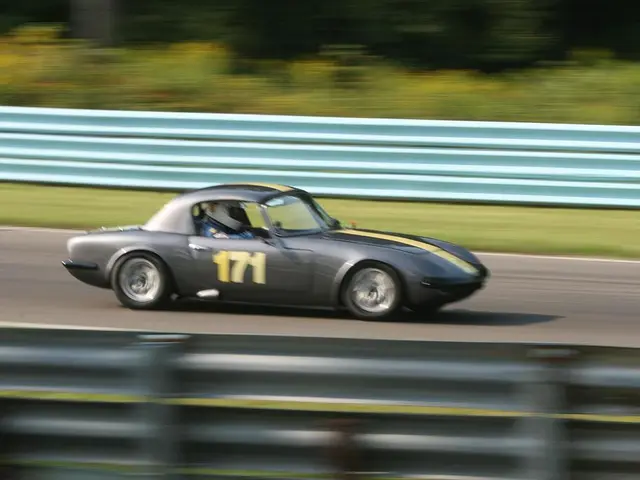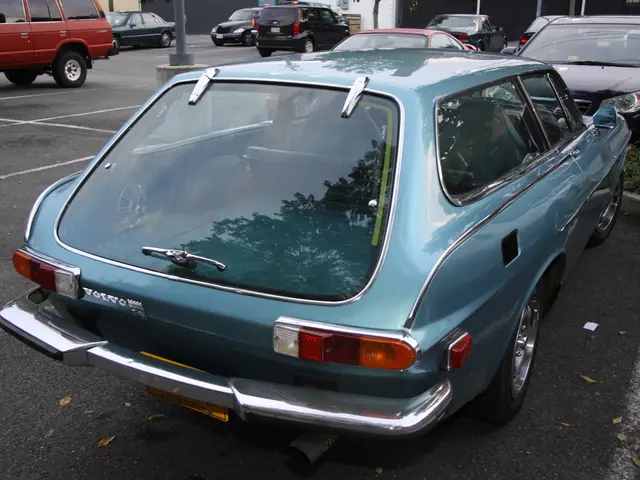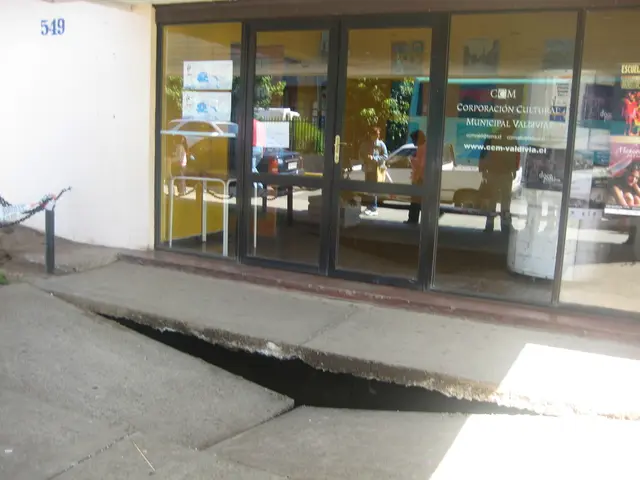Rotting salmon trigger odor problem during election in Tasmania, Australia
From Down Under's Coast, a Foul War Over Salmon
Nestled on a picturesque Australian beach in Tasmania, a dispute between industry and nature has taken shape, igniting passions just before the general elections. The culprit? Dead salmon, resembling popcorn, scattered across the shore.
The rotting fish remained, traced back to an unfortunate event involving massive salmon farming complexes set up in the Tasman Sea estuary. The Tasmanian salmon farming industry is a powerhouse, producing 75,000 tonnes of Atlantic salmon annually, accounting for 90% of Australia's total output.
As summer temperatures rose, a harmful bacteria claimed some of the salmon pens. "The sight was unnerving," said Jess Coughlin, a local activist. "Small chunks that looked like plums, scattered the entire length of the beach." A diver who had worked in salmon farms before revealed that the industry calls these decays "popcorn."
The dead salmon would initially sink, with the flesh and fat separating from the body due to water pressure and wave action, eventually rising to the surface in clumps. The mere thought of decaying salmon within pens housing live fish destined for human consumption chilled Coughlin.
The local environmental regulator declared the die-off in the D'Entrecasteaux Channel area as an "unprecedented salmon mortality event." The state's chief veterinary officer, Kevin de Witte, confirmed that the fish were infected with the Piscirickettsia salmonis bacterium, which does not pose a threat to human or animal health.
Industry giant Salmon Tasmania admitted the microbe had impacted some farms in the region, causing operators to scramble in a round-the-clock clean-up and salmon rescue mission.
Some estimated the death toll in the millions, according to the Bob Brown Foundation, an environmental group founded by renowned environmentalist and former lawmaker Bob Brown. "This isn't a natural fluke," the foundation stated. "It's the result of excessive nitrogen pollution, overcrowding, corrupt governance, and a failure to regulate – all consequences of the foreign-owned salmon corporations' insatiable greed."
The salmon industry has been implicated in endangering the Maugean skate, a species of ray dwelling in western Tasmania's Macquarie Harbour, home to about 10% of the state's salmon industry. Only 4,100 Maugean skates remain worldwide, with fewer than 120 mature enough to reproduce.
Facing growing public outrage, Prime Minister Anthony Albanese's government intervened weeks before the elections to protect the industry, arguing for job protection. Parliament passed a law limiting the environment minister's power to review decades-old rulings, effectively safeguarding the Macquarie Bay salmon farmers.
However, the bay represents only a tenth of Tasmania's salmon industry, serving as a gateway to rural tourism. "The tide of anger and distress is powerful, a force I haven't felt for decades," Bob Brown explained. "And young people are leading the charge. It's invigorating."
Political candidates are capitalizing on the embering ire, appealing to voters who support a halt to open-sea salmon farming operations. "The electorate is shifting," Brown predicted. "I believe the anti-incumbent vote will reach new heights."
- The salmon farming industry in Tasmania, contributing 90% of Australia's annual output, has found itself at the center of a heated dispute, with the recent death of millions of salmon causing alarm among locals and environmentalists alike.
- Following the incident, the industry giant Salmon Tasmania admitted to the microbe Piscirickettsia salmonis affecting some farms in the region, leading to a frantic clean-up and salmon rescue mission.
- The Bob Brown Foundation, an environmental group, attributed the salmon die-off to excessive nitrogen pollution, overcrowding, corrupt governance, and a failure to regulate – consequences they say are derived from the insatiable greed of foreign-owned salmon corporations.
- Amidst growing public outrage, Prime Minister Anthony Albanese's government intervened before the elections, passing a law limiting the environment minister's power to review decades-old rulings, thereby Safeguarding the Macquarie Bay salmon farmers.
- However, the salmon farming industry's actions have been criticized for endangering the Maugean skate, a critically endangered ray species, and the prime minister's decision to protect the industry has sparked controversy in the realm of environmental science, politics, and general news.
- As political candidates leverage the mounting ire to appeal for a halt to open-sea salmon farming, Bob Brown predicts a shift in the electorate, suggesting that the anti-incumbent vote may reach unprecedented heights, influenced by the concerns for the environment and the fate of species such as the Maugean skate.








